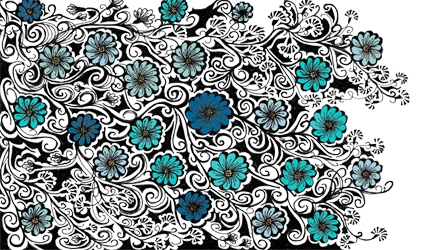

Yagelski, Robert P. (2011). Writing as a way of being: Writing instruction, nonduality, and the crisis of sustainability. New York: Hampton Press.
Reviewed by: Talitha May, Ohio University
Home: Introduction
Robert Yagelski’s (2011) book Writing as a Way of Being: Writing Instruction, Nonduality, and the Crisis of Sustainability argued that writing instruction is implicated in the crisis of sustainability. As such, it is necessary to reconceptualize how we teach writing and to understand that the crisis of sustainability is not exclusively environmentally based—it is also ontologically based. The crisis of sustainability is rooted in the social problem of how we understand ourselves in the world, which in the Western tradition is based upon Cartesian dualism. Descartes’ famous phrase, “I think; therefore I am,” simply reinforces the ideology of an autonomous self, which exists separately from other selves as well as the environment. Cartesian thinking promotes us to simply think of community “as a collection of discrete, autonomous individuals rather than a complex network of beings who are inherently interconnected and inextricably part of the ecosystems on which all life depends” (Yagelski, 2011, p. 17). Such thinking has far reaching implications that extend beyond the classroom; however, Yagelski contends that an ontological understanding of writing can challenge mainstream writing instruction and promote progressive change.
With his characteristic personal anecdotes, critical self-reflection, and theoretical arguments sometimes verging on the poetic, Yagelski’s text may likely compel compositionists to ruminate on the ethical implications of their pedagogy, and to identify and challenge the habituated and deep-seated Cartesian thinking that has given rise to the crisis of sustainability. In many ways, Yagelski’s text seems to have Heideggerian (1962) influences that prompt necessary inquiry into mainstream composition pedagogy; yet his pedagogy of collaborative inquiry may inadvertently push some compositionists toward prescription.
Yagelski arranged his text into five chapters, divided into subsections:
Chapter 1: “Writing (and) the Crisis of Sustainability,”
Chapter 2: “The Cartesian View of Writing,”
Chapter 3: “Writing, Being, and Nonduality,”
Chapter 4: “Writing as a Way of Being,” and finally,
Chapter 5: “A Thousand Writers Writing.”